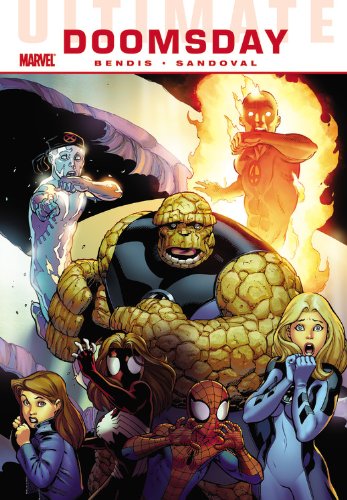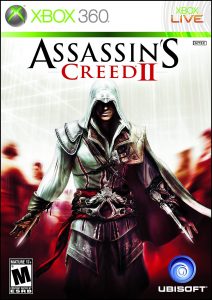So, yeah. That was a long time coming. And boy do the internets ever reflect it. But anyway, I have come to a realization (that I may have already mentioned recently? I’m not sure) about myself and long-form storytelling, and also about other people and long-form storytelling. It is this: if you make a checklist of what details you expect to be addressed or wrapped up in a book of a series, you are doomed to disappointment. Because unless you happen to be the equivalent of that one chimp out of the infinite typewriter owners out there, your brain and the author’s are not telling the same story. This is not to say that there aren’t plenty of valid criticisms of the form and especially of specific presentations of it, but “the story is too slow” or “it has gone off the rails” are somewhere between barely valid and not valid at all. I know this is true for me, at the least, because I can find that I am disappointed a lot less in books that I thought had gone wrong the first time through when I was measuring from my expectations than I am upon a reread.
So, I have a new measurement now, as of A Dance with Dragons. (Technically, as of my reread of A Feast for Crows, the first book in this series that I had been disappointed in. But this is when I got to actually use the measurement, so you see.) In step one, I turn my brain off, watch for foreshadowing and decide what I think is cool, sure, but like I said to start with: no checklist. In step two, I only concern myself with when viewpoint characters bore me, as opposed to how cool or horrible or off-rails they are being. By that measure, I liked this book quite a bit. There’s a character that never did a lot for me, another that I have never liked and probably will never like, even though towards the end he was at least doing interesting things maybe, and a character I have historically liked that I did not care for until her final chapter this time around. Everyone else was entertaining all along, whether I was cheering for them, yelling at them, laughing, or just along for the ride. And that’s my real point, it is a ride, and it’s not my ride, so as long as I’m still enjoying the ride itself, why would I possibly complain about choice of routes or the occasional pause to slow down and look at the scenery? That gets saved for when my ass is starting to hurt and the roadsigns indicate we’re on the outskirts of Gary, Indiana.
As for the plot itself, well, you didn’t actually think I was going to talk about it, did you? Or mention the climactic event of the previous book just as though nobody could be running behind? (Not that I’m bitter about a massive spoiler I read yesterday for an unrelated series or anything.) But I will say that the title is a good stand-in for half the book, and the same kind of metaphorical dance without dragons covers the rest of it. There is still a part of me that will be unsurprised if the series ends with everyone dead and the planet encased in a permanent block of ice. And I cannot say I will find that outcome unsatisfying, in a “Decline and Fall of the…” kind of way, as long as the ride to get there maintains its general B to B+ quality. One piece of ambivalence I should report, though, is that Martin has a problem with the pacing of the ends of his books, or at least this one. ‘Cause you know how in a lot of long series[1], the last hundred pages or so turn into a downhill race where you couldn’t stop if you wanted to? Martin has a thing (sometimes close to the end, sometimes far enough a way from it that you think maybe he pulled a fast one and it’s not really true) where he likes to build a brick wall across that particular part of the road. It’s effective as hell whenever it happens, but man does it make me want to stop reading for a while. And since I really like that mad downhill rush, it’s a little off-putting. Whether the trade-off is fair is left as an exercise to the reader, I suppose.
[1] Jordan was a master at this.

 I’m always so happy when I finish a game! Though in this case, it was long enough that I may need to take a break (or at least a palate cleanser) before I start anything else serious. So, remember when I hated
I’m always so happy when I finish a game! Though in this case, it was long enough that I may need to take a break (or at least a palate cleanser) before I start anything else serious. So, remember when I hated